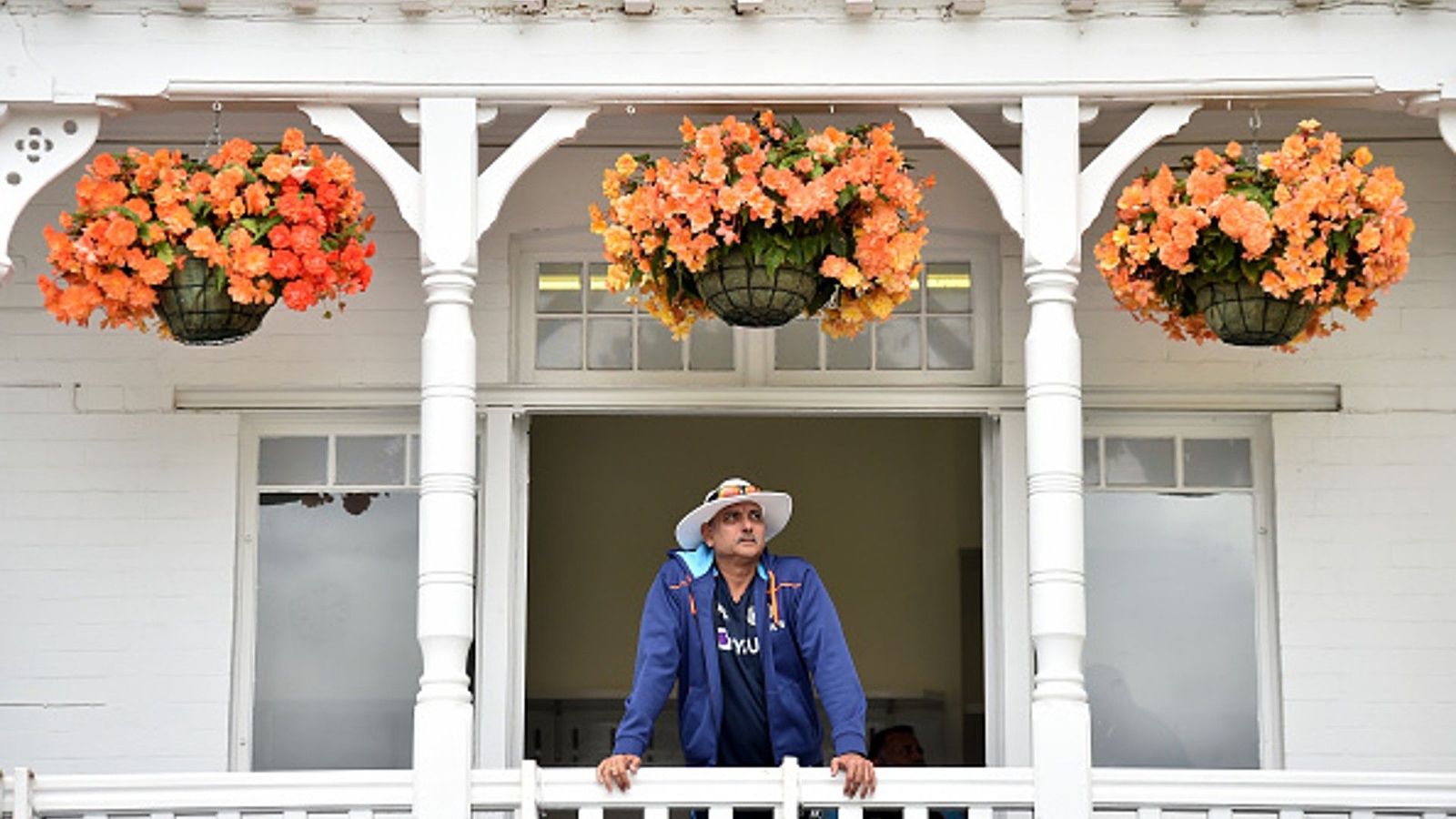Under the tutelage of Ravi Shastri, India once again became the team to beat on a global stage. Barring an underwhelming 2021 T20 World Cup, Shastri led the team to the semifinals of the 2019 ICC Men's World Cup, in addition to reaching the final of the 2019-21 World Test Championships (WTC) finals, where they lost to New Zealand.
In a recent interview with the Guardian, Shastri indicated that philosophy and team culture is very important and it was something that he has inculcated into the India squad prior to their back-to-back series wins against Australia. "...it (the philosophy) was outlining how we want to play: to be aggressive and ruthless, to up the fitness levels, to get a group of fast bowlers to take 20 wickets overseas.
"And it was about attitude, especially when playing the Aussies. I told the boys if one single expletive comes your way, give them three back: two in our language and one in theirs." Shastri said.
Shastri became India's head coach following a successful tenure as a commentator. Recalling his appointment to the national team, he said, “I had no warning. I was commentating at the Oval during India’s [2014] tour of England and came off air to find six or seven missed calls. ‘Seven bloody calls? What’s happened here?’.
"[The BCCI] just said: ‘We want you to take over, starting tomorrow, at any cost.’ I told them I’d have to speak to my family and commercial partners but they just said they would sort all that out. And like that, I was straight in from the commentary box. You’ll see when I joined the setup [during the ODIs], I was still in jeans and loafers. Instantly my job changed.”
His journey to the national team is similar to that of England's new Director Rob Key, who was also a commentator before being appointed to his new post on Sunday, April 17. Although the titles are different, Shastri believes that the challenges are the same, especially as an outsider who previously had to pass judgment on the players.
“Rob may have more work with the domestic game but, when it comes to the national team, it is very similar. The most important thing is getting among the players and setting a tone from the outset: what you believe in, what you think of them and changing the mindset to compete and win," he said.
"You have to be bullish and brutish in wanting to achieve that. For us, and now England, it was about setting the challenge of winning abroad, big time. I was very firm when it came to team culture: all the prima donnas and all that shit, that had to go out of the window early," the 59-year-old cricket pundit added.


